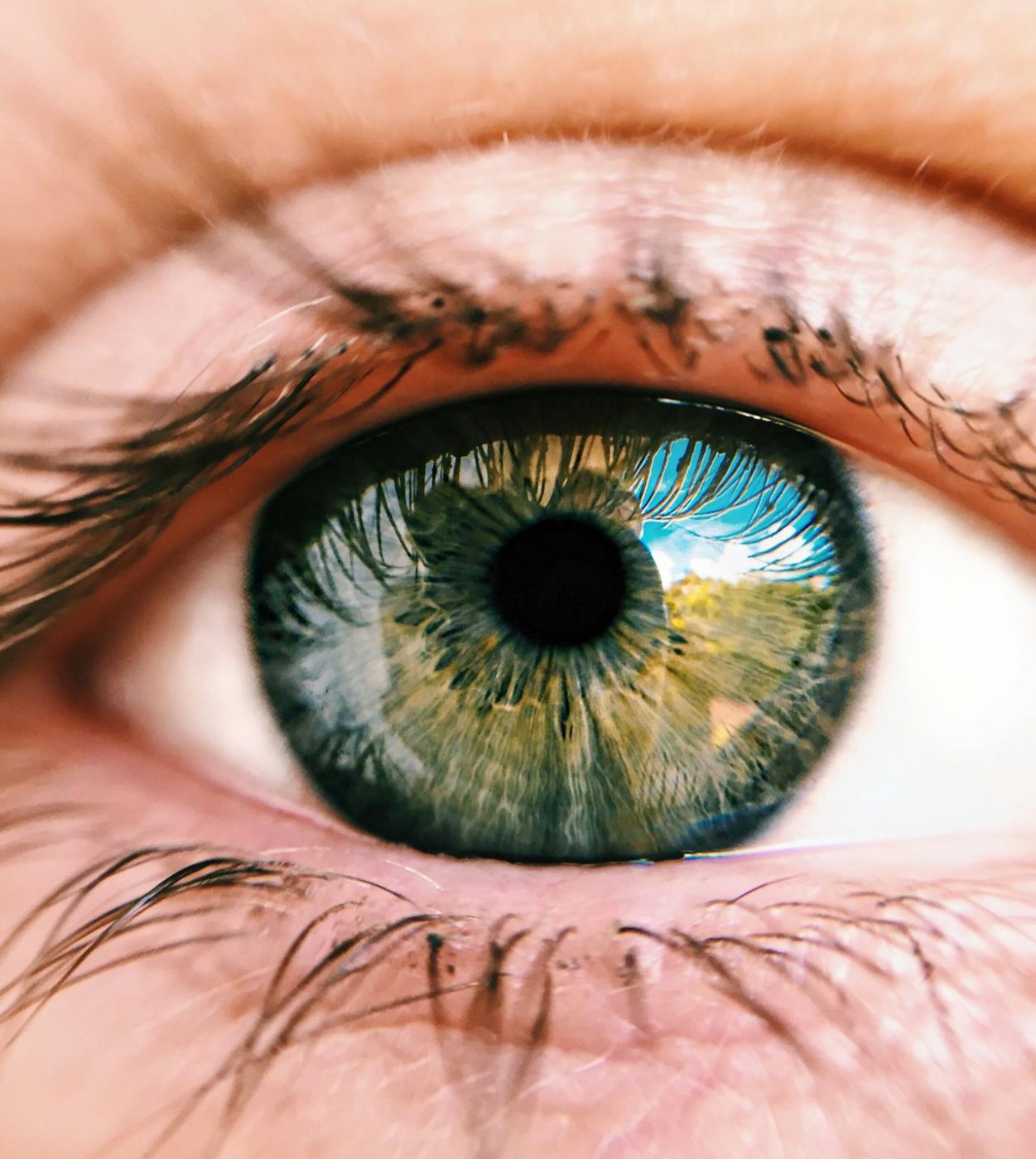Does LASIK Change Eye Color? Separating Facts from Fiction
If you’re considering LASIK surgery, you might wonder whether this popular vision correction procedure could alter your eye color. With social media buzz around eye color changes and conflicting information online, it’s important to understand the facts.
The short answer: LASIK does not change your eye color. Here’s everything you need to know about LASIK and eye color, plus the real ways eyes can change color.
What LASIK Actually Does to Your Eyes
LASIK (Laser-Assisted In Situ Keratomileusis) reshapes your cornea—the clear front layer of your eye—to correct vision problems like:
- Nearsightedness (myopia)
- Farsightedness (hyperopia)
- Astigmatism
Why Some People Think LASIK Changes Eye Color
The confusion arises because LASIK involves laser treatment to the eye, but it targets only the cornea, not the iris. Eye color is determined by pigment cells in the iris, located behind the cornea, and LASIK does not interact with this area.
What Can Actually Change Eye Color?
1. Natural Changes Over Time
- Eye color can naturally change during early childhood as melanin develops.
- Minor variations in eye color can occur due to lighting or mood, but these are optical effects, not actual color changes.
2. Medical Conditions and Medications
- Certain eye diseases or prolonged inflammation can alter iris pigmentation.
- Some medications, like LATISSE® (used for eyelash growth), may cause permanent darkening of the iris in rare cases.
3. Cosmetic Eye Color Change Procedures
- Experimental laser treatments exist that aim to lighten brown eyes to blue by destroying pigment cells in the iris.
- These procedures are not FDA-approved in the U.S. and carry risks such as glaucoma; they remain controversial and under clinical evaluation.
4. Colored Contact Lenses
- The safest and most common way to temporarily change eye color is with prescription-colored contact lenses fitted by an eye care professional.
- These lenses come in subtle or dramatic colors and can be used with or without vision correction.
- Proper hygiene and care are essential to avoid eye infections or complications.
LASIK Eye Surgery vs Contact Lenses
While colored contact lenses offer a fun way to change your eye color, they come with daily responsibilities and potential drawbacks that LASIK eliminates.
| Feature | LASIK Eye Surgery | Contact Lenses |
|---|---|---|
| Eye Color Change | No (focuses on vision correction) | Yes (temporary, aesthetic change) |
| Vision Correction | Permanent, typically no daily maintenance required | Temporary, daily insertion and removal, ongoing maintenance |
| Maintenance | Minimal post-procedure care | Daily cleaning, storage, and replacement |
| Cost | One-time investment | Ongoing cost of lenses and solutions |
| Convenience | Vision freedom 24/7 | Can be inconvenient, risk of loss/discomfort |
| Eye Health Risks | Low risk with qualified surgeon | Higher risk of infection if not properly maintained |
For those seeking to correct their vision and enjoy a life free from the daily hassle of glasses or contacts, LASIK is an unparalleled solution. It offers a permanent correction to your vision, allowing you to see the world clearly without the need for corrective eyewear.
The Bottom Line on LASIK and Eye Color
LASIK surgery will not change your eye color—period. This vision correction procedure only affects your cornea to improve how light enters your eye, leaving your iris and its natural pigmentation completely untouched.
If you’re interested in changing your eye color, discuss safe options like prescription colored contacts with your eye doctor. Avoid risky, unproven procedures that could permanently damage your vision.
Ready to explore LASIK for clearer vision while keeping your natural eye color? The experienced team at The LASIK Vision Institute can help you determine if you’re a good candidate for this life-changing procedure.
FAQs On Eye Color Change:
Yes, it’s possible, especially in children. Eye color can change in the first few years of life due to the development of melanin.
While it might seem like your eyes change color with mood or lighting, what’s actually changing is how the light is absorbed and reflected by the iris.
It’s quite rare for adults to see a significant change in eye color. Minor variations might occur, but a complete color change is highly uncommon without intervention.
There’s no scientific evidence to suggest that diet or general health changes can alter eye color significantly.
Green is the rarest eye color, found in only about 2% of the world’s population. It’s the result of a low level of melanin combined with the Rayleigh scattering of light.

References:
Hannemann, PharmD, K. (n.d.). 7 Latisse side effects: hair growth, eye color changes, and more (N. Reddy, M.D., Ed.). GoodRx. https://www.goodrx.com/latisse/latisse-side-effects
Dang, S. (2015). Laser surgery to change eye color untested for safety risks. Retrieved from https://www.aao.org/eye-health/news/laser-surgery-to-change-eye-color
American Optometric Association. (2019). Healthy vision and contact lenses. Retrieved from https://www.aoa.org/patients-and-public/caring-for-your-vision/contact-lenses
Categories:



